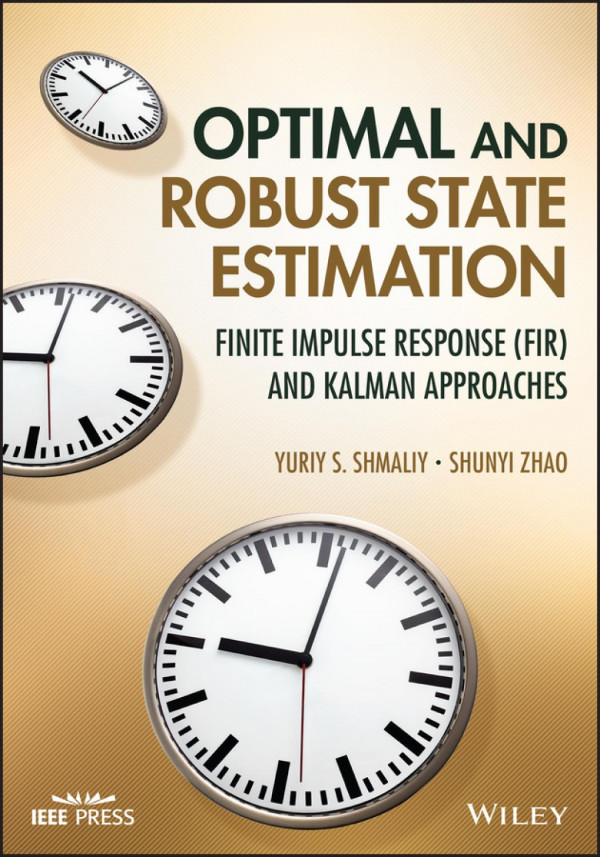

Most ebook files are in PDF format, so you can easily read them using various software such as Foxit Reader or directly on the Google Chrome browser.
Some ebook files are released by publishers in other formats such as .awz, .mobi, .epub, .fb2, etc. You may need to install specific software to read these formats on mobile/PC, such as Calibre.
Please read the tutorial at this link: https://ebookbell.com/faq
We offer FREE conversion to the popular formats you request; however, this may take some time. Therefore, right after payment, please email us, and we will try to provide the service as quickly as possible.
For some exceptional file formats or broken links (if any), please refrain from opening any disputes. Instead, email us first, and we will try to assist within a maximum of 6 hours.
EbookBell Team

4.0
36 reviewsA unified and systematic theoretical framework for solving problems related to finite impulse response (FIR) estimate
Optimal and Robust State Estimation: Finite Impulse Response (FIR) and Kalman Approaches is a comprehensive investigation into batch state estimators and recursive forms. The work begins by introducing the reader to the state estimation approach and provides a brief historical overview. Next, the work discusses the specific properties of finite impulse response (FIR) state estimators. Further chapters give the basics of probability and stochastic processes, discuss the available linear and nonlinear state estimators, deal with optimal FIR filtering, and consider a limited memory batch and recursive algorithms.
Other topics covered include solving the q-lag FIR smoothing problem, introducing the receding horizon (RH) FIR state estimation approach, and developing the theory of FIR state estimation under disturbances. The book closes by discussing the theory of FIR state estimation for uncertain systems and providing several applications where the FIR state estimators are used effectively. Key concepts covered in the work include:
Optimal and Robust State Estimation: Finite Impulse Response (FIR) and Kalman Approaches was written for professionals in the fields of microwave engineering, system engineering, and robotics who wish to move towards solving finite impulse response (FIR) estimate issues in both theoretical and practical applications. Graduate and senior undergraduate students with coursework dealing with state estimation will also be able to use the book to gain a valuable foundation of knowledge and become more adept in their chosen fields of study.